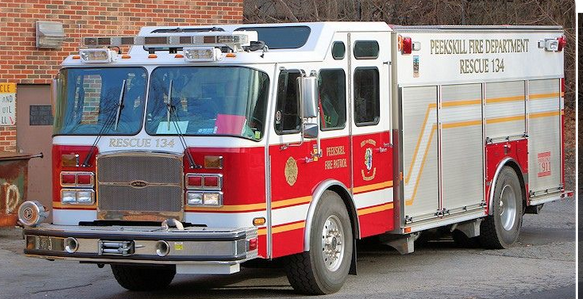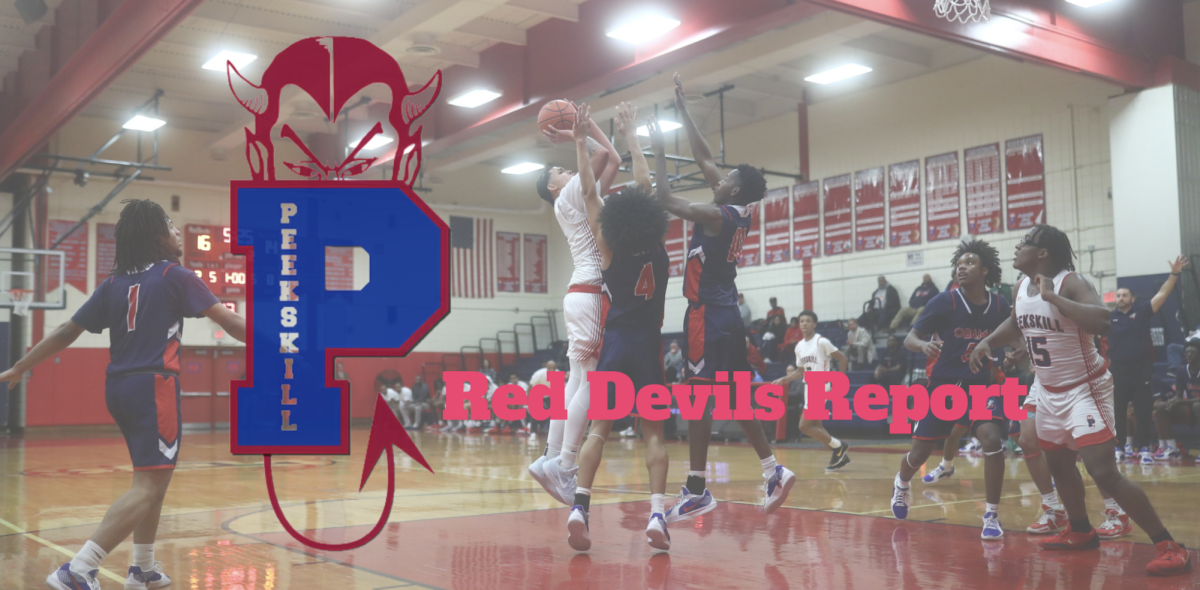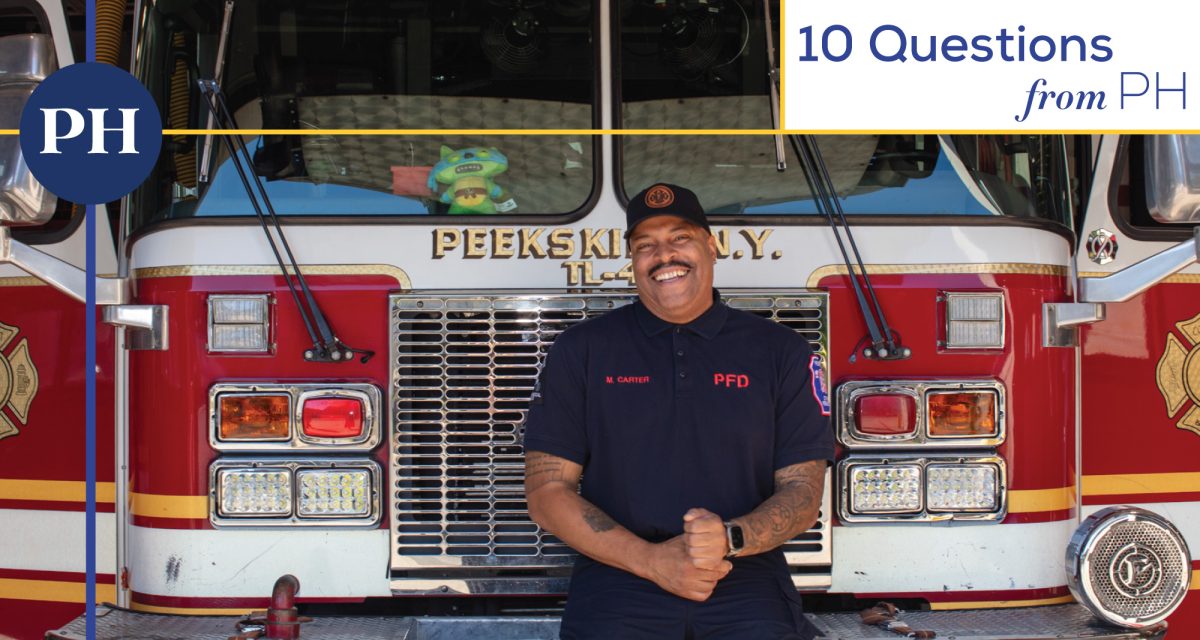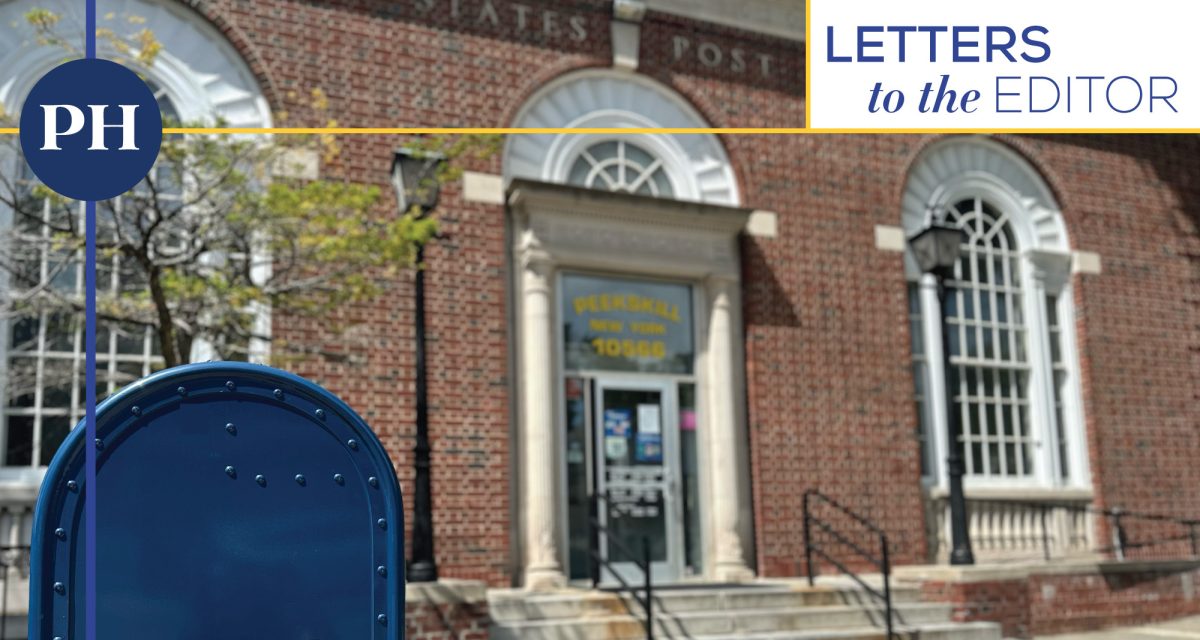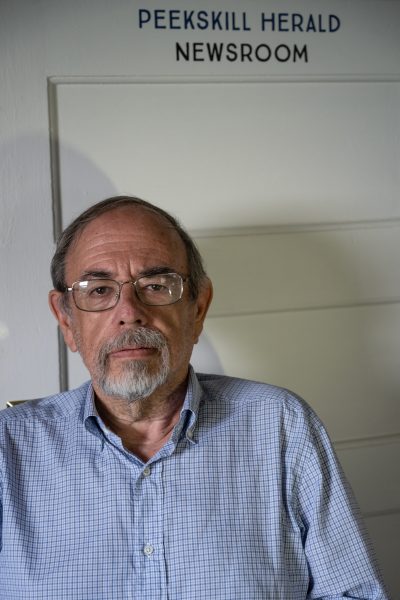Decades of tension and sometimes open conflict between the City of Peekskill’s paid firefighters union and the members of the Peekskill Volunteer Firefighters is now playing out in court as the two sides contest who is entitled to thousands of dollars of state money.
In a lawsuit filed in Westchester County Supreme Court in late September, the attorney for the union Local 2343 alleges that the volunteer firefighters have wrongly received sixth-sevenths of the money the state sends to the volunteers annually from a fund designed to aid local fire departments. The union has received the other one-seventh of the money each year.
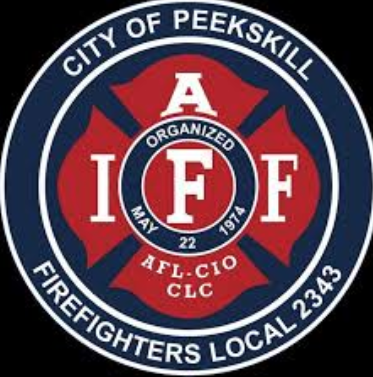
The annual state fire department aid money is funded by two taxes the state imposes on insurers: one a tax of 1.8 percent on the fire insurance premiums that foreign companies write, and a second of 2 percent on premiums of mutual fire insurance companies. Each municipality receives a share of the money based on the dollar amount of premiums written in their municipality. The funds are intended to support the local firefighters and are customarily used to buy uniforms or other items.
In a practice that dates back to the early 1990s in Peekskill, the Peekskill volunteer association gets the money from the state and divides it seven ways – six portions to each of the six individual volunteer fire companies in Peekskill, and one portion to the paid Firefighters union.
In the lawsuit, the paid union’s attorney says state law requires the money be divided based on the number of active members, not by how many fire companies there are.
Since there now 35 active paid fire union members in Peekskill and less than 30 volunteers, according to the lawsuit, the union should receive half the money, not one-sixth.
“Instead, the [volunteer] Board of Trustees improperly distributes the fire tax monies pro rata based on the number of companies, with each of the six Volunteer Companies receiving a 1/7 share and Local 2343 [the union] receiving the remaining 1/7 share, irrespective of active membership,” court papers state. “Upon information and belief, several of the Volunteer Companies who received fire tax monies have no active members.”
The union attorney wants the court to order the volunteers to pay the union the proper amount of the tax money dating back to 2018. The lawsuit claims the volunteers received the 2024 payment in July but have held all that money.
Ruling against the volunteers could cost thousands
The lawsuit does not place any dollar figures on the amount of money paid to the Peekskill volunteers each year. The money does not go to the Peekskill finance department but instead goes directly to the volunteers.
A spokesperson for the state Department of Financial Services told the Herald that requests for any documents or data must be submitted via the department’s online Freedom of Information FOIL eForm.

However, according to two people familiar with the payments and tax documents, the annual amount ranges from $75,000 up to $100,000 or more.
As an example, in a year the volunteers receive $80,000 they would have paid the union $11,428 instead of the approximate $40,000 the union claims they were entitled to. That shortfall of approximately $30,000 each year going back to 2018 would total more than an estimated $150,000.
In their 2023 tax return, the volunteers’ Peekskill Fire Department Board of Trustees show $81,448 in revenue, believed to be the fire tax money received from the state. The return states that the volunteers have cash, savings or investments on hand totaling $36,922.
Reached by the Herald, Richard Finkel, the attorney for the volunteers, said the amount of money in dispute is still being calculated. It’s not clear how the volunteers would pay a judgment against them.
Volunteers present their defense against the claims
In his court papers, Finkel cites numerous previous court rulings invoking a statute of limitations of four months in similar cases and states that the case brought by the union should be dismissed.
He also argues that by accepting their one-seventh share in all the prior years the union forfeited their right to sue now.
“Plaintiffs [the union] having accepted payments calculated pursuant to the methodology employed by the Association [the volunteers] ‘in all prior years in which the Board of Trustees was responsible for distribution’ without objection, are precluded as a matter of equity from coming forward all these years later seeking disgorgement and payment of additional fire tax monies retroactively to 2018.”
The Peekskill Volunteer Fire Department was started before Peekskill had a charter for a municipal government. The initial state legislation created a fire district here in 1816. In 1826 the boundaries of that district were enlarged and the first village charter did not come along until 1839, 13 years after the formation of Columbian Engine, the oldest company when only about 1,000 men, women and children resided in Peekskill.
Peekskill Hook and Ladder Company, later renamed Cortlandt Hook and Ladder, was the second company and was organized in 1831. Washington Engine Company No. 2 started in 1840 and Cataract Hose, the original name of Columbian Hose Company was formed in 1848. Centennial Hose Company No. 4 was started in 1876 and the Peekskill Fire Patrol, the youngest of the present six companies, was organized in 1923.
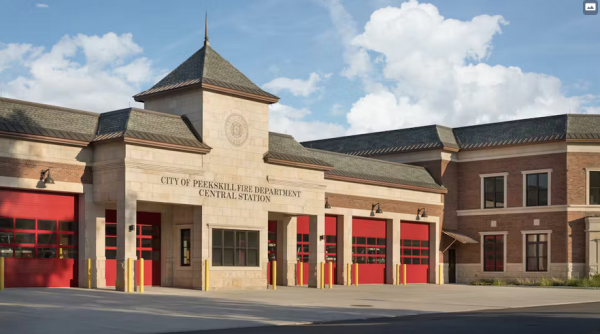
For many years, the volunteers were a vital part of the Peekskill community, but membership has declined dramatically in recent years as older members retire. The paid firefighter corps has grown and is expected to hire two more new firefighters soon.
When the city opened its new central firehouse on Broad and Main streets in 2018 the individual firehouses around the city were all closed. Those five fire stations on Main, South Division and Washington streets, Crompond Road and Highland Avenue were consolidated into the new 30,300-square-foot two-story, $12 million building
Paul Brown, the attorney for the union, did not return a call from the Herald for comment. Dominic Perrucio, the president of the board of trustees of the volunteer fire department, did not return a phone message.


